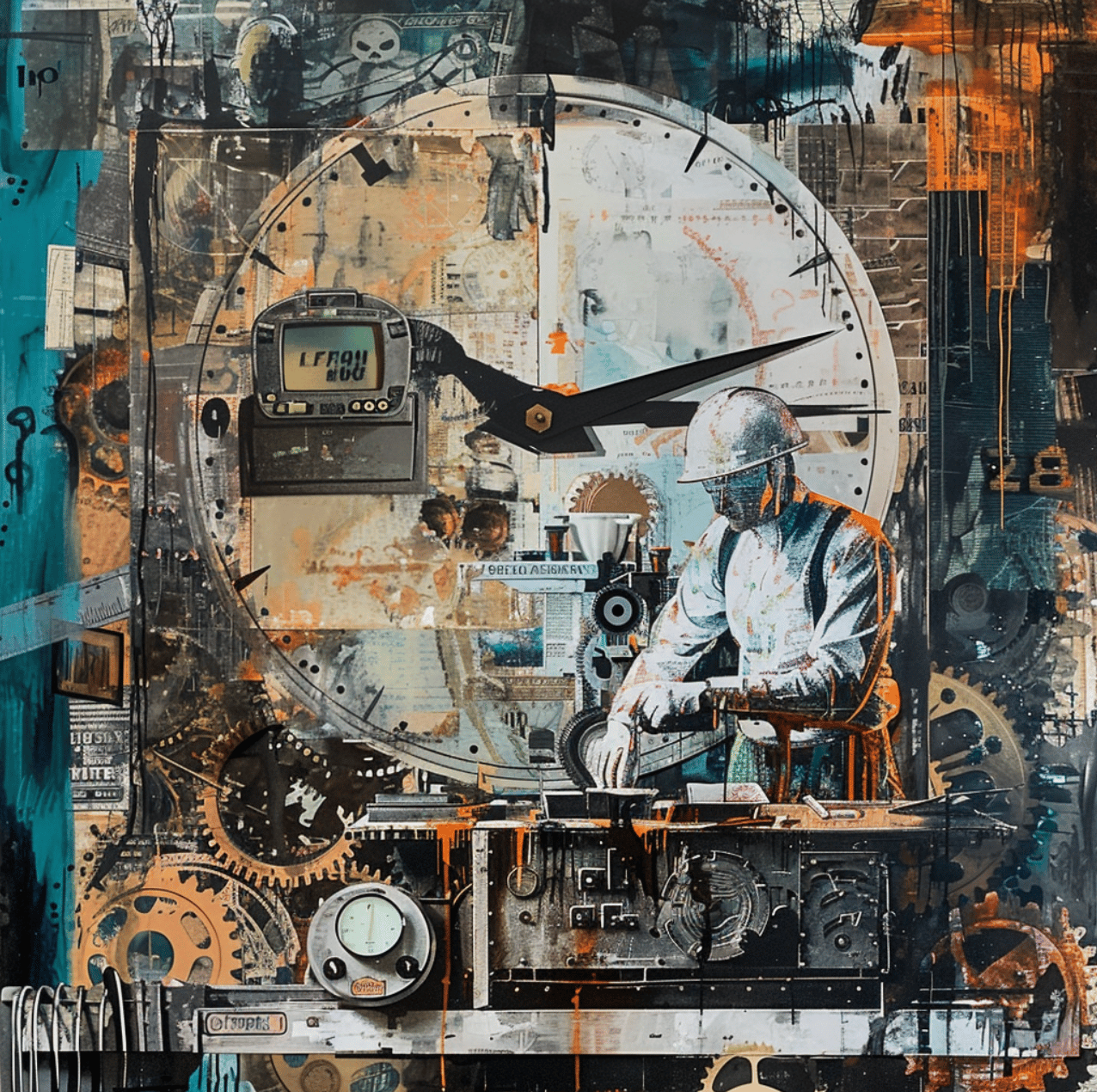How I Find Positivity in AI's Taking of Jobs

Within our Unsupervised Learning Community > we had an interesting discussion last week. One of our members said—and I’m paraphrasing here:
I know I’m supposed to be happy about all this AI innovation, but all it does is make me sad.
I responded by saying something like:
I feel like that too sometimes, but it reminds me to lean in to building and sheparding people into the positive version. Because the negative version would be bad.
A different member then responded with:
What’s the positive? That we will have survived while the other 80% lost their jobs?
This is an important point that gave me a lot of pause. I responded in the thread and we had a long discussion there, and I’ve now turned my response into this essay below.
—
The reason I can see "positive" in any of this is that I think it's kind of the wrong question.
The question assumes we have the option of maintaining the past. If the question is,
"Which would you prefer, the ability for humans to resist technology and keep working their old jobs where they spend 8 hours a day moving paperwork around, and they're paid barely enough to raise a family, or new AI-driven world where most of those jobs go away?"
❝Part of our anxiety with AI comes from the belief that we’re choosing the wrong option. But we’re not choosing anything; it’s just happening.
I think a lot of people will say, yes, let's keep those jobs. At least it's better than nothing. But that's not the choice we have.
AI is coming not because we're choosing it. We didn't choose reading. We didn't choose the internet. We didn't choose smartphones. And we aren't choosing AI. These things are simply happening. It's the illusion of choosing or rejecting the future that's producing anxiety, or at least, it's exacerbating it.
The stoic option we have (not in the emotionless sense, but in the true Stoicism sense) is to accept inevitability and find the maximum number of ways to benefit from it. In this case, I think the benefits are clear.
We are being prompted to move past a world in which we spend 8 hours a day doing what David Graeber called "Bullshit Jobs."
We're transitioning into a situation where the silliness of spending all this time (most of our important waking hours) doing things in the service of capitalism and money, becomes obvious.
There's a lot of good that came from Capitalism, for sure, and it continues to help lift people out of poverty. But it's not sustainable for a human-centric lifestyle going forward, and especially after AI.
People only have jobs in the capitalist model because capitalism needs them to have those jobs. Capitalism, i.e., capitalism's temporary need for human workers, is the only reason we've had all these jobs all this time.
❝AI is a Capitalism Optimizer. It will push for the minimum number of jobs required to deliver the good or service.
Put another way, if capitalism only needs 2 people to run a 200,000 person business, capitalism will pressure naturally to get to that magic number of 2 people. That's not a human system. That's a capitalist system. And AI is simply allowing capitalism to optimize.
What we need is a human-based system that doesn't collapse based on capitalism becoming even more efficient. That means human flourishing based on human strengths. Love. Connection. Human relationships. Sharing. Collaboration. Joint Creation Projects. And ultimately a human-centric world.
So, to give a short version of this very long answer, the benefit of 80% of jobs going away due to AI is that it reveals the underlying flawed nature of what we had before. And it allows us to start building, and transitioning to, something much better.
Yes, 100%. The transition is going to be horribly nasty. But here's the thing. Mindset matters. We have a choice of seeing this as the loss of a great and wonderful thing, and the transition to a dystopian hellhole, or seeing it as a 100% inevitable transition from a capitalism-centered world to a human-centered world.
We will experience 100X the trauma by interpreting it as the loss of a perfect, beautiful thing vs. seeing it as the loss of David Graeber's Bullshit Jobs. So let’s do that one. This is what I mean when I say lean into it. See the positive of the other side. Look towards it. And strap in, because it's going to be really tough.
But I think it's our job, for people like us, to help people see the positive narrative and not the negative one. Because that distinction makes the difference between experiencing temporary struggle in service of an extraordinary positive, vs. experiencing a horrifically traumatic and negative experience akin to the death of humanity.